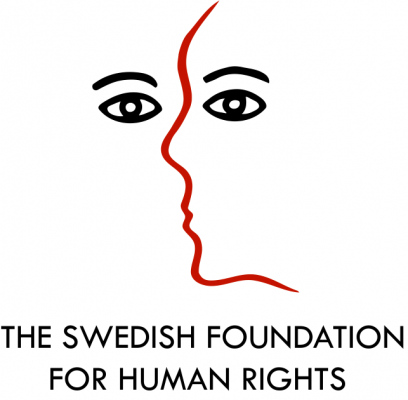In recent years, Uganda has seen progress in women's influence on political decision-making, largely due to advocacy efforts by the women's movement focusing on affirmative action. However, at the local government level, women remain significantly underrepresented in top decision-making positions.
Despite the prevalence of social media and mainstream media in rural communities, many women and female youth remain uninformed about how to actively engage in governance and decision-making processes due to high levels of illiteracy and limited tailored awareness platforms.
The government and other stakeholders have not invested sufficiently in continuous civic education to change negative attitudes towards women's and female youth's political participation. Consequently, civic education efforts by civil society organizations have been more reactive than proactive, hindering the development of core civic competencies necessary for effective engagement in political decision-making processes.
To address these challenges, ACFODE in partnership with The Swedish Foundation for Human Rights is implementing a 3 year Project in Kyegegwa, Kamwenge,Kaberamaido and Amolator Districts, aiming to promote civic education in communities through various strategies. This includes conducting training of trainers for selected duty bearers and community leaders to increase awareness of democracy, women's and human rights. Through these initiatives, the project seeks to empower women and female youth to actively engage in governance and decision-making processes, ultimately enhancing their participation and representation in Uganda's political landscape.

